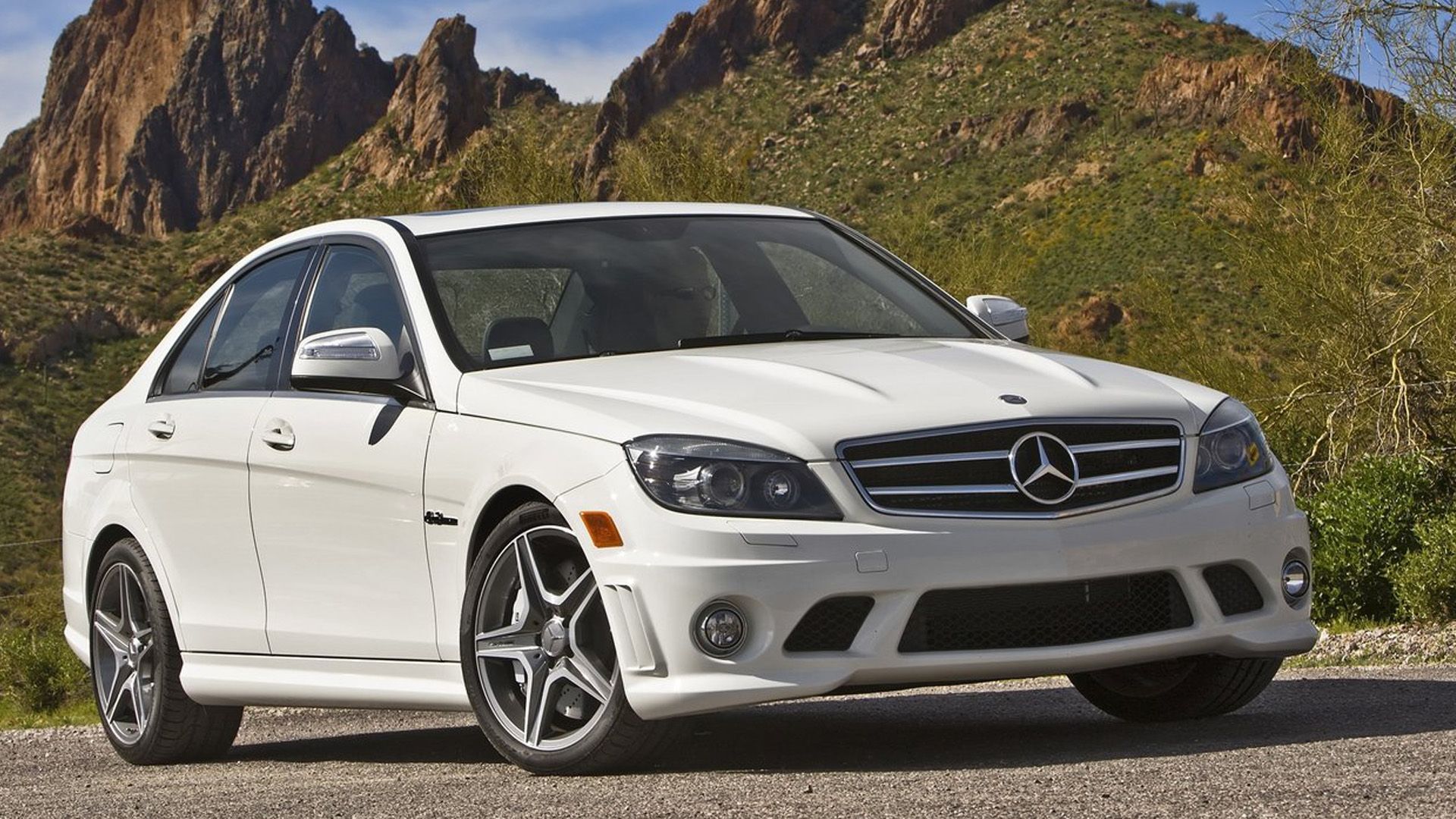Sustainability of Espai Barça showcased at European Sports Integrity Summit

Sustainability is one of the core matters of FC Barcelona’s 2025 Strategic Plan and one of the guiding principles of the Espai Barça project, whose design is focused on reducing the environmental impact and improving the quality of life and health of people in the neighbourhood and the city. The club’s plans for the new stadium were presented at the European Sports Integrity Summit, which was held online today under the tag-line Shielding the true spirit of sports in ambiguous times, organised by Economist Impact, part of the prestigious British magazine The Economist.
FC Barcelona was represented at the summit by Jorge Laborda, its head of engineering and sustainability, who described the importance of sustainability for Barça as part of the summit’s block on Sport Sustainability. He began by explaining the essential role played by the Sustainability Area, led by Jordi Portabella, and how it has a direct impact on Barça’s daily activities.
Laborda then explained the different aspects being applied to the design of Espai Barça, focusing especially on the future Spotify Camp Nou, an infrastructure that will be completely sustainable and respectful of the environment. In addition, major efforts are being made to minimise the consumption of materials, while simultaneously promoting more sustainable mobility and other measures that help to preserve the environment.
Espai Barça is BREEAM certified, and Spotify Camp Nou is the first stadium in the world to also be LEED certified. The different projects include the 18,000m2 of photovoltaic panels that will be installed on the outer roof, as well as the 25ha landscaped area and the installation of circuits that will generate energy savings of approximately 40%. The future ground will be able to produce its own energy, generating zero CO2 emissions, and will also incorporate a rainwater collection system, which will be channelled into underground tanks hence reducing water consumption by 20%.
Sustainability and sport
The European Sports Integrity Summit is a benchmark congress that brings together representatives of the main sports organisations and business leaders in Europe with the aim of sharing good practices in areas such as sustainability, diversity and inclusion. It showcases projects such as those at FC Barcelona and Espai Barça that foster sustainability, thus offering the club a wonderful opportunity to present the details first-hand and tell the audience more about the its commitment to building a completely sustainable Espai Barça.
Related
10 Used European Sports Sedans That Are Cheaper Than A…
When shopping for a new midsize sedan, the Toyota Camry is often a top choice thanks to its reliability, fuel efficiency, and practicality. However, for the s
Man City: LaLiga files complaint to EU Commission alleging Premier…
LaLiga president Javier Tebas says the Spanish league has filed a legal complaint to the EU Commission, alleging that Manchester C
Fastbreak AI Acquires Barcelogic, Expanding Presence in European Sports Schedule…
Acquisition Strengthens Fastbreak's Reach Across European Leagues and Grows Customer BaseCHARLOTTE, N.C. & BARCELONA, Spain, Fe
Ben White holds talks with Thomas Tuchel over potential England…
The top stories and transfer rumours from Tuesday's newspapers...THE SUN Ben White has held talks with Thomas Tuchel over a potent












